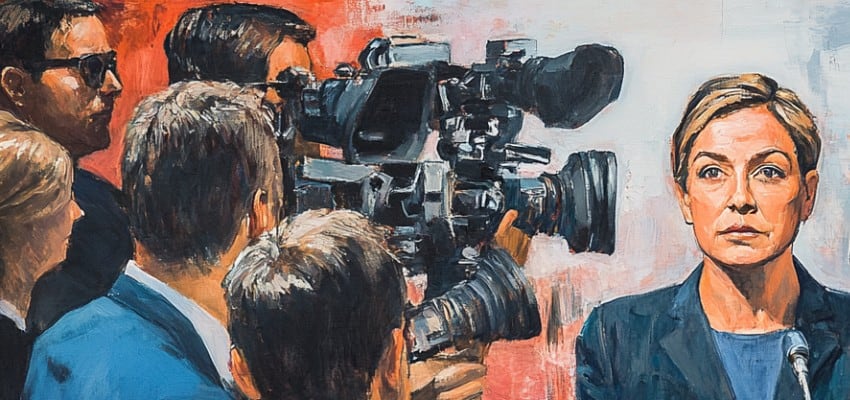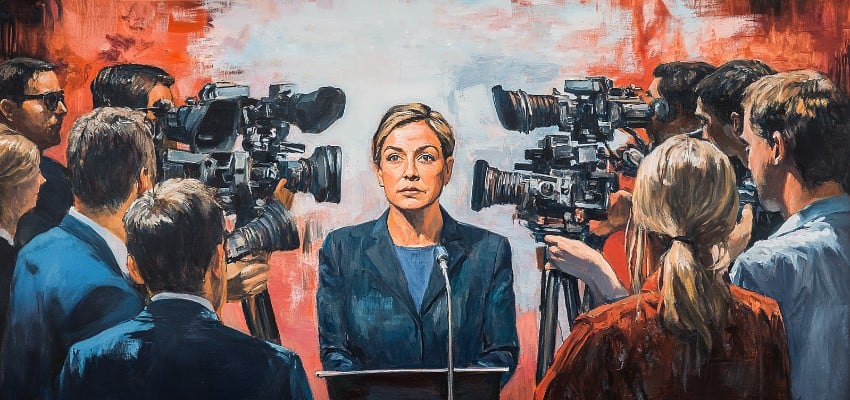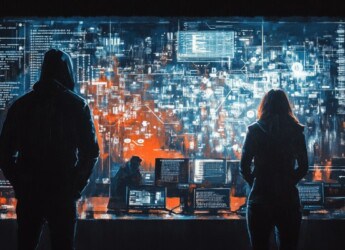Editor’s Note: In an era where the integrity of democratic institutions is under constant examination, media freedom in Italy has come into sharp focus. Recent reports by the European Commission and the Media Freedom Rapid Response (MFRR) highlight the concerning trends of political interference and legal harassment of journalists. Italian Prime Minister Giorgia Meloni’s response to these allegations underscores a growing tension between her government and the European Commission. This article delves into the complexities of media freedom in Italy, offering critical insights for professionals in cybersecurity, information governance, and eDiscovery as they navigate the implications of such geopolitical developments in their fields.
Content Assessment: Scrutiny Intensifies Over Media Freedom in Italy Amid EU Reports and Government Denials
Information - 92%
Insight - 93%
Relevance - 88%
Objectivity - 89%
Authority - 90%
90%
Excellent
A short percentage-based assessment of the qualitative benefit expressed as a percentage of positive reception of the recent article from ComplexDiscovery OÜ titled, "Scrutiny Intensifies Over Media Freedom in Italy Amid EU Reports and Government Denials."
Industry News – Geopolitics Beat
Scrutiny Intensifies Over Media Freedom in Italy Amid EU Reports and Government Denials
ComplexDiscovery Staff
The issue of media freedom in Italy is under heightened scrutiny following multiple reports from the European Commission (EC) and partner organizations such as the Media Freedom Rapid Response (MFRR). Italian Prime Minister Giorgia Meloni has recently become embroiled in a controversy with the European Commission over allegations concerning press freedom and government interference in public media.
The European Commission’s 2024 Rule of Law report, which evaluates democratic standards across EU member states, has highlighted significant challenges in Italy regarding judicial independence, anti-corruption measures, and media pluralism. It noted that political interference in public media and legal harassment of journalists by political actors have become increasingly prominent. “The content of this document has been distorted by some in an attempt to attack the Italian government,” Meloni wrote in a letter addressed to Ursula von der Leyen, newly re-elected President of the European Commission.
Recently, the Media Freedom Rapid Response (MFRR) conducted a mission to Rome, where representatives from state institutions, political parties, and other entities examined the deterioration in media freedom. The mission identified three critical issues: political interference in public media, legal harassment of critical journalists, and the potential acquisition of AGI, one of Italy’s main news agencies, which could lead to further concentration of media ownership. According to the MFRR, these dynamics have reached alarming levels over the past two years, exacerbated by the lead-up to the 2024 EU elections.
The MFRR’s findings corroborate the European Commission’s concerns, presenting a thorough analysis of the current situation and the impact of various legislative measures introduced by Italian decision-makers. The analysis suggests that the measures to secure media independence and counter conflicts of interest are insufficient. The report also offers detailed recommendations for the Italian government’s actions to address these issues urgently.
Meloni’s response to the allegations indicates a fracturing relationship between the Italian government and the European Commission, with tensions particularly high over the selection of top EU roles. Meloni’s trip to China as part of her efforts to stabilize international relations adds another layer of complexity. During her visit, she is expected to discuss various geopolitical topics, including China’s support for Russia and the broader implications for EU trade policies.
A professor of international relations, Wang Yiwei of Renmin University in Beijing, commented on the broader geopolitical landscape, stating, “Europe fears a Trump 2.0 means the EU will further lose its competitive edge and jobs as Trump focuses on luring businesses to the US.” This perspective underscores the delicate balance Meloni must maintain between aligning with EU policies and fostering beneficial relations with China.
The ongoing scrutiny of media freedom forms part of a broader narrative of democratic backsliding within the European Union. Hungary and Slovakia were also highlighted in the European Commission’s 2024 report for challenges in judicial independence, corruption, and media freedom. These persistent issues call for increased vigilance and potential sanctions as the European Commission strives to uphold democratic standards across the Union. Michele Geraci, a former Italian undersecretary of state, noted, “Meloni’s visit is a step in a good direction, but the substance is that it’s not going to change the reality.”
The developments in Italy exemplify a tightening grip on media and press freedom, paralleled by similar trends in other countries. As the situation evolves, the outcomes of diplomatic engagements, both within the EU and between the EU and China, remain critical to understanding the future trajectory of media freedom and democratic governance in Italy and beyond.
News Sources
- European Commission annual rule of law report highlights persistent decline in several EU member states
- Meloni rejects ‘fake news’ EU claim she is curbing press freedom
- Report Launch – Silencing the Fourth Estate: Italy’s Democratic Drift
- Italy: Silencing independent media underscores democratic drift
- Xi Jinping: Italy’s Meloni on Mission to Mend Ties With Xi Ahead of US Vote
Assisted by GAI and LLM Technologies
Additional Reading
- Small Language Models: A Paradigm Shift in AI for Data Security and Privacy
- Combating AI Hallucinations: Oxford Researchers Develop New Detection Method
Source: ComplexDiscovery OÜ



























